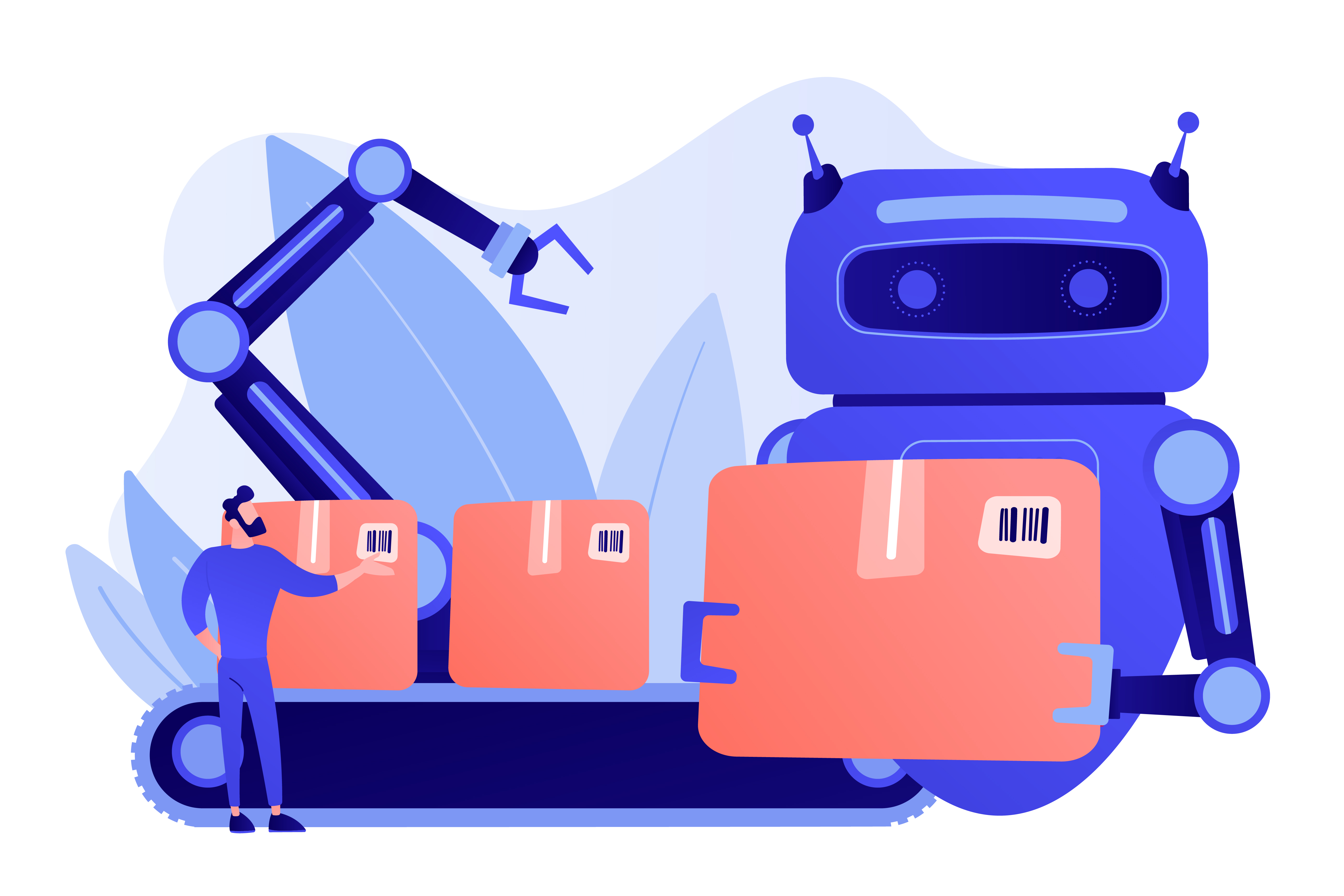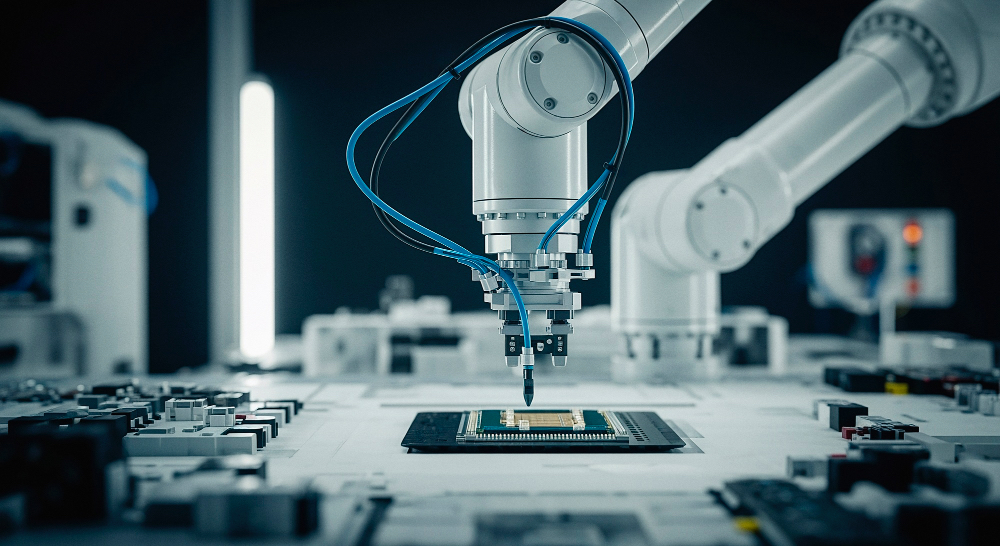Global investment in AI has soared to unprecedented heights, yet the technology’s real-world adoption lags far behind the market’s feverish expectations. Despite trillions of dollars in valuations and a global AI market projected to reach nearly $5 trillion by 2033, mounting evidence suggests that companies struggle to translate AI pilots into meaningful results.
As Jovan Kurbalija argues in his recent analysis, hype has outpaced both technological limits and society’s ability to absorb rapid change, raising the question of whether the AI bubble is nearing a breaking point.
Kurbalija identifies several forces inflating the bubble, such as relentless media enthusiasm that fuels fear of missing out, diminishing returns on ever-larger computing power, and the inherent logical constraints of today’s large language models, which cannot simply be ‘scaled’ into human-level intelligence.
At the same time, organisations are slow to reorganise workflows, regulations, and skills around AI, resulting in high failure rates for corporate initiatives. A new competitive landscape, driven by ultra-low-cost open-source models such as China’s DeepSeek, further exposes the fragility of current proprietary spending and the vast discrepancies in development costs.
Looking forward, Kurbalija outlines possible futures ranging from a rational shift toward smaller, knowledge-centric AI systems to a world in which major AI firms become ‘too big to fail’, protected by government backstops similar to the 2008 financial crisis. Geopolitics may also justify massive public spending as the US and China frame AI leadership as a national security imperative.
Other scenarios include a consolidation of power among a handful of tech giants or a mild ‘AI winter’ in which investment cools and attention pivots to the next frontier technologies, such as quantum computing or immersive digital environments.
Regardless of which path emerges, the defining battle ahead will centre on the open-source versus proprietary AI debate. Both Washington and Beijing are increasingly embracing open models as strategic assets, potentially reshaping global standards and forcing big tech firms to rethink their closed ecosystems.
As Kurbalija concludes, the outcome will depend less on technical breakthroughs and more on societal choices, balancing openness, competition, and security in shaping whether AI becomes a sustainable foundation of economic life or the latest digital bubble to deflate under its own weight.
Would you like to learn more about AI, tech and digital diplomacy? If so, ask our Diplo chatbot!










